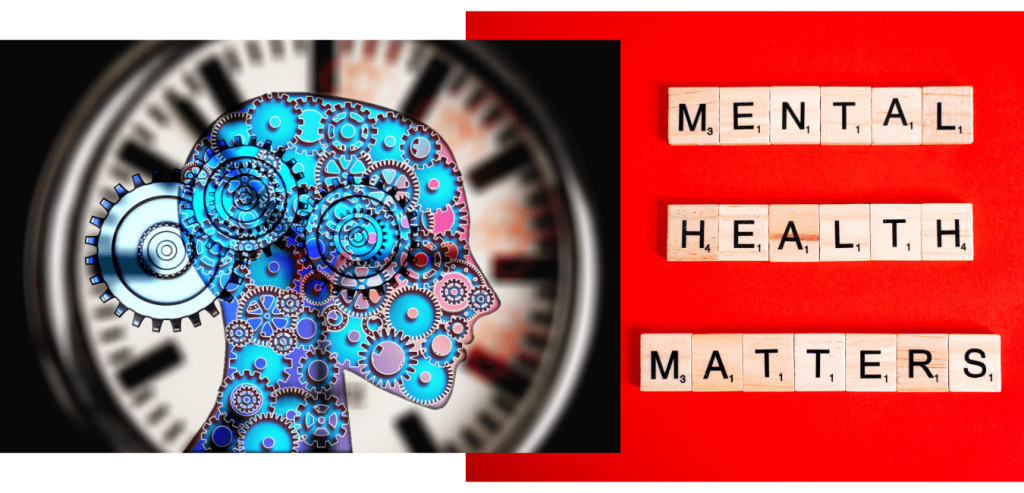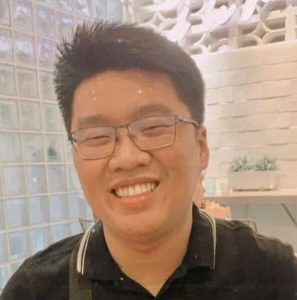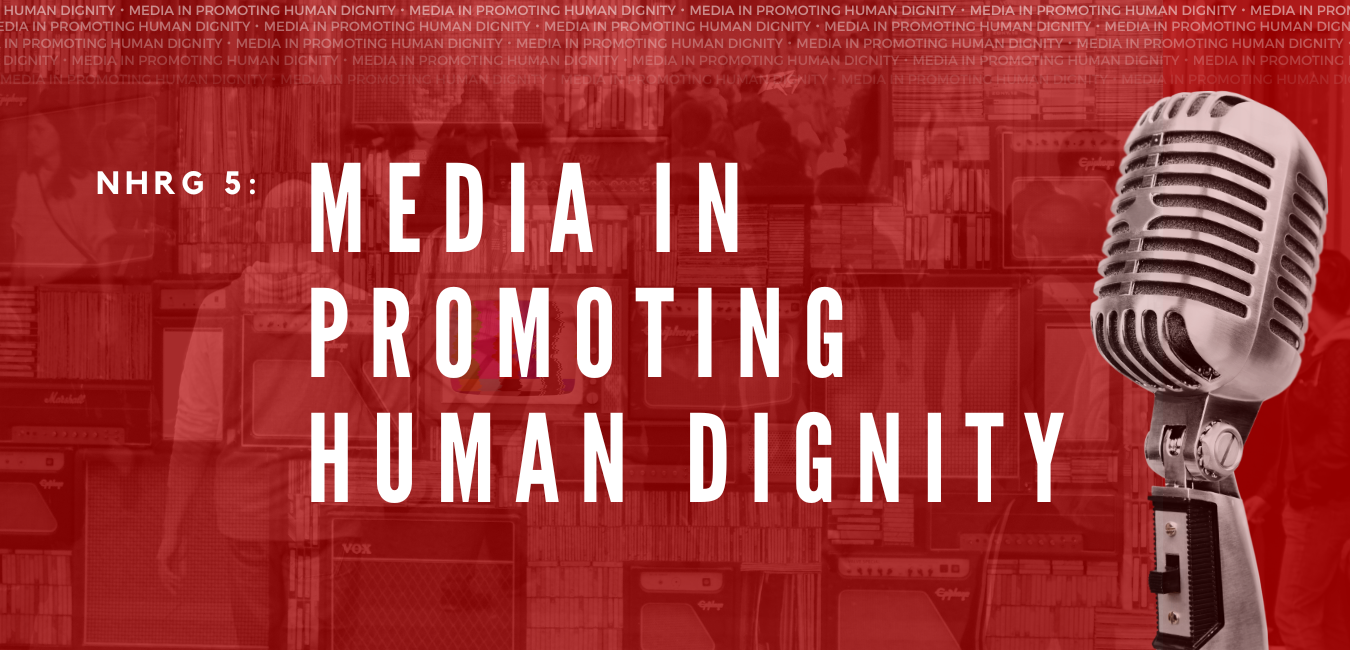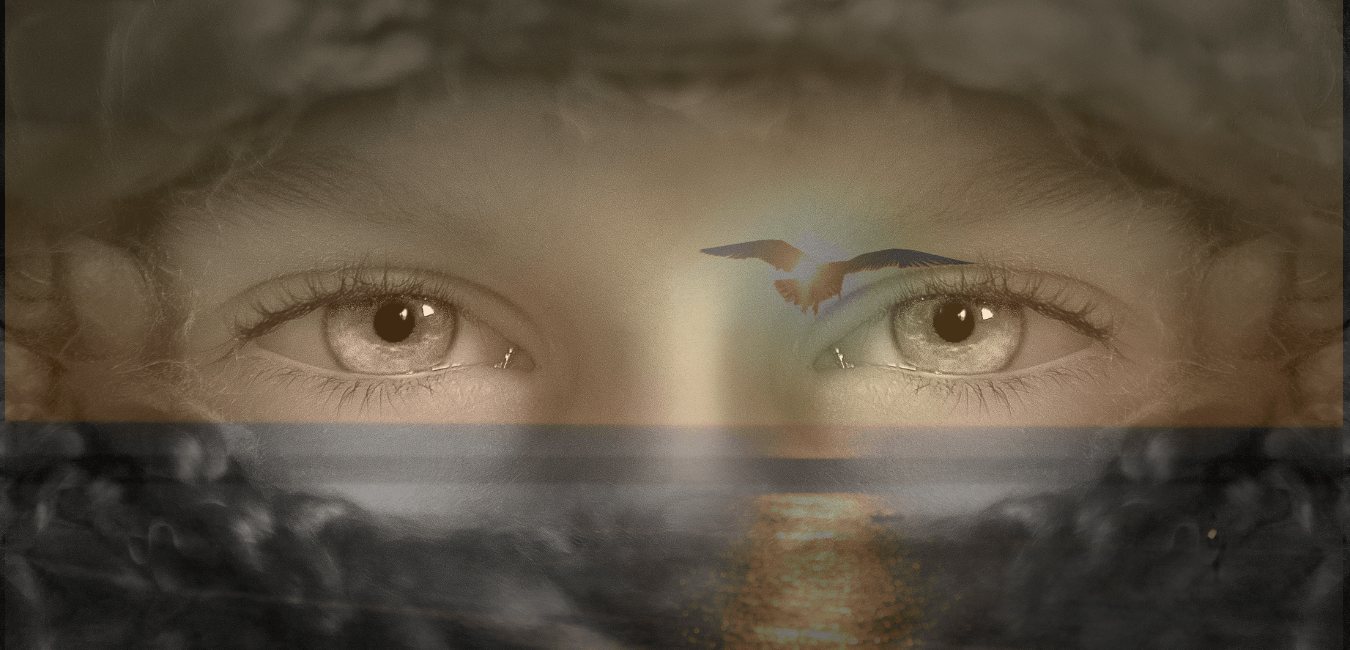Student Division on Mental Health (Part 2)
OVERVIEW:
In commemoration of March 16, Kosen-rufu Day, the Young Successors Group (Student Division, High School Division, and Boys & Girls Division) challenged themselves as they launch the “New Human Revolution Generation” (NHRG), where they tackle pressing issues that we are facing today in the effort to realize peace and happiness.
The NHRG provides a platform for the youth where they can freely share their ideas, give new and different perspectives, offer innovative solutions, and empower others to take action and overcome powerlessness.

NHRG: Mental Health (Part 1):
Part 1 of NHRG’s 1st installment is published in the March 2021 Issue of Pag-Asa which features the thoughts and sentiments of Student Division members on Mental Health, an interview with Ms. MC Ollero, a guidance counselor and mental health advocate, and a short guidance from Ikeda Sensei.
NHRG: Mental Health (Part 2):
IN A PROFESSIONAL PERSPECTIVE:

What is mental health [for you]?
Mental health for me is a person’s overall wellbeing. It is just as important and crucial to look after as your physical health. How you feel, how you think, how you perceive, how you deal with things, how you see yourself, how you see other people, how you believe, all this fall under mental health.
In your opinion, what is the status of mental health services (or mental health only) in the Philippines?
Currently, there is still much to be improved in terms of services, with the limited number of professionals and the number of people seeking help despite the existence of the Mental Health ACT leaves much work to be done by the current and the future health professionals. People need to be made aware of the existing services and to be educated that there is nothing wrong with seeking help and that nothing needs to be wrong before you seek help.
How do you think can you take better care of your mental health? Can you cite some examples, or can you share some tips?
Just like in physical health, the saying prevention is better than cure also applies to mental health. To prevent problems in mental health is to know what might cause these problems and one way to know is to know yourself better. Know your own limits, your own strengths, weaknesses, what makes you happy, what makes you sad, what makes you angry or have a negative reaction to. Knowing more about yourself helps you learn how to take care of yourself. And knowing yourself more you find things you like about yourself and things you won’t like about yourself, and that’s okay. What matters is learning to accept yourself for who you are, and that you can be better.
What are the ways to help break or reduce the stigma attached to mental health?
To break down the stigma is to break the misconceptions and erroneous beliefs that are ingrained in society. And the best way to do that is to educate people and have a conversation about it, it might be difficult to unlearn these wrong beliefs if no one taught them otherwise. We need to teach people that sometimes, it's okay not to be okay and that there are things that need to be processed and felt, and that ignoring problems and red flags will cause more problems the longer you avoid and not deal with them.
Do you think it is important for us, youth, to openly talk about, advocate, or promote mental health? Why?
Yes, it is important for us to openly talk about mental health, because the more we talk about it, the more we normalize the idea that mental health is just as important as physical health. And when we normalize talking about it, more people will be more willing to seek help or show concern when there are problems. And when more people are concerned about others, the more empathic our society becomes, and the more we become more understanding that each and every one of us is struggling with something internally, something unseen, something we carry very personally.
BUDDHIST POINT OF VIEW / IKEDA SENSEI'S GUIDANCE:
Seikyo: Contemporary society is very stressful, and growing numbers of people are finding their mental and physical health negatively impacted by the stress of interpersonal relationships at work and of their work environment in general. Those in their 20s and 30s are no exception. The tough economic times are also contributing to increased job instability and poor working conditions, while new jobs are becoming harder to find. Highly competitive, dog-eat-dog work environments, pressure to perform, and anxiety about the future are all leaving many people stressed out.
President Ikeda: Yes, these are difficult times. It is no exaggeration to say that young people need to navigate their way in life with even greater care and perseverance than ever before. That’s what makes it all the more important to rouse invincible life force based on a practice of strong and resonant gongyo and daimoku. Please advance together with comrades in faith, brightly encouraging and supporting each other in a spirit of warm friendship, as you make your way through life. Remember, the SGI is a safe haven of happiness and hope. I have published a dialogue (titled On Being Human: Where Ethics, Medicine, and Spirituality Converge) with Dr. René Simard, a leading Canadian cancer researcher and former rector of the University of Montreal, and Dr. Guy Bourgeault, a noted Canadian bioethicist. In it, I noted that stress was first recognized in the medical field by Dr. Hans Selye (1907–82), a researcher at the University of Montreal. Dr. Bourgeault then went on to say: “One of Dr. Selye’s most important contributions was to shed light on the positive aspects of stress. He argued that stress itself is not a sickness nor does it necessarily lead to sickness. It can enable us to exercise creativity and muster the vitality or energy we need to defend ourselves from exterior menace.”
Dr. Selye called stress “the spice of life.” Stress is not something that can be completely eliminated from life, and in and of itself is neither good nor bad. In fact, a moderate amount of stress can actually be useful in allowing us to bring forth and improve our talents and abilities.
This attitude is similar to the Buddhist teaching that earthly desires are the springboard to enlightenment. Nichiren Daishonin writes: “Iron, when heated in the flames and pounded, becomes a fine sword” (WND-1, 303). He also states: “Difficulties . . . are to be looked on as peace and comfort” (GZ, 750). Problems lead to growth. Difficulties make us stronger. The Daishonin is teaching us that such challenges enable us to establish a larger, broader state of life.
Seikyo: Some members suffer from emotional or psychological problems, like depression, and find it hard to interact with others.
President Ikeda: Life is long, and there is no need to rush things. I think it’s prudent in the case of psychological problems to seek professional advice and take time to get proper care and treatment. Everyone’s situation is different. There is no universal prescription or panacea. But there is one point I wish to emphasize: I declare that none of you, who uphold the Mystic Law, is destined to be unhappy.
We should warmly support and watch over those struggling with mental health issues, keeping their long-term welfare always in mind, and also sincerely encourage their family members. Those caring for others with emotional and psychological problems face a great challenge, too, and they should try to find ways to take a break and refresh themselves when the opportunity presents itself.
Showing care and support for those suffering from emotional and psychological illnesses will lead to the cultivation of a truly deep spirit of compassion and also to the creation of a richly humanistic society.
The more a person suffers, the greater they can become. Those who have experienced much hardship can help many others. They have an important mission. This is the teaching of Nichiren Daishonin’s Buddhism and a life lived following the bodhisattva way.
Mr. Toda often used to say: “Outwardly, we might look like a ‘Bodhisattva Poverty’ or ‘Bodhisattva Sickness,’ but that is merely a role we’re playing in the drama of life. We are in fact bona fide Bodhisattvas of the Earth!” He also said: “People who have battled serious illness really understand the profundity of life.” Everything in life has a meaning.
Nichiren Daishonin writes: “Even the jewels and treasures that fill the major world system are no substitute for life” (WND-1, 1019). Though one may be ill, it has no bearing on the inherent nobility, dignity, and beauty of one’s life. Everyone, without exception, is an infinitely precious and irreplaceable treasure.
– Excerpts from “[5] Be Healthy in Body and Mind—Part 3 [of 3]”
(Ref. Pag-Asa January 2014, pages 6-10)
Youth is a painful time. It is full of problems. But dealing with such troubles helps us grow as human beings. When we look back at the times we really suffered, the times we thought were the most miserable, we see that these were the most precious times of all.
That’s why we need to grapple with our problems head-on, instead of trying to escape them. That is the most direct way forward.
If you’re sad and lonely, then you should acknowledge those feelings. Don’t try to distract yourself from them with shallow amusements. Don’t diminish them. Go through those feelings, bravely weather them, and turn them into nourishment for your growth.
People, just like flowers, need light. People’s hearts wither when no one values or cares about them. So please be the sun that imparts bright light to all.
People, like flowers, also need water. Our hearts wither if we don’t encourage ourselves, make ourselves happy, and spark our own enthusiasm.
Those who can encourage themselves are truly inspiring. They understand the pain and suffering of others. Find the words, strength, and wisdom to bring happiness to your own heart. When you’re feeling down, lift up your own spirits.
If you can’t like yourself, you can’t love others.
If you’re shy and sensitive, that’s perfectly fine. Being thick-skinned and insensitive is not a requirement for being an adult. Flowers aren’t made of concrete, either; they are soft, delicate, and fragile. Those who remain sensitive to others’ thoughts and feelings their whole lives are truly strong.
Our destiny does not come from somewhere outside us; it is shaped within our own hearts, day by day. If we find life boring, it might be because we’ve let ourselves become boring. If life seems empty, it might be because we’ve allowed ourselves to grow empty and shallow. If we feel fed up with life, then life might actually be saying the same to us! We can only lead lives that match the way we live them.
Somewhere in the world a mission waiting for you—a mission that only you can fulfill. It is waiting for you, counting the days. Since that is the case, you must live, you must keep going until the day you encounter your mission!
To shine, you must burn with an inner light, and the fire that produces that inner light is fueled by problems and suffering.
The problems of youth are themselves a source of light.
The whole universe supports and assists in the birth of a single life. All of you have been sent here with the blessings and congratulations of the entire universe!
All life is equally precious. There is no hierarchy among living beings. Each being has a unique nature. Each person’s life is as precious as the universe in its entirety—it is one with the universe and just as important.
Nichiren Daishonin writes in this regard: “Life is the foremost of all treasures” (WND-1, 1125); “The Buddha says that life is something that cannot be purchased even for the price of an entire major world system” (WND-1, 983); and “One day of life is more valuable than all the treasures of the major world system” (WND-1, 955).
This is why we must never take our own lives, why violence, too, is wrong, and why we mustn’t harm or bully others. It is because none of us has the right to inflict harm on life, which is so precious.
Youth is a time when we ponder the meaning of our existence. It is like a “second birth.” Our first birth is our physical birth. The second, our youth, is the time of our “birth” as human beings in the real sense. That’s why it’s painful. It requires the same kind of struggle and exertion as a chick breaking out of its egg.
The crucial thing is to never give up in that process. As you struggle and strive to find your way, please chant, think, study, talk with friends, and tackle the things you need to do now. If you continue to challenge yourself without giving up, you will come to see the mission that is yours and yours alone to accomplish.
– Excerpts from “Chapter 17: Message for Youth [Part 1 of 4]”
(Ref: Pag-Asa November 2016)


